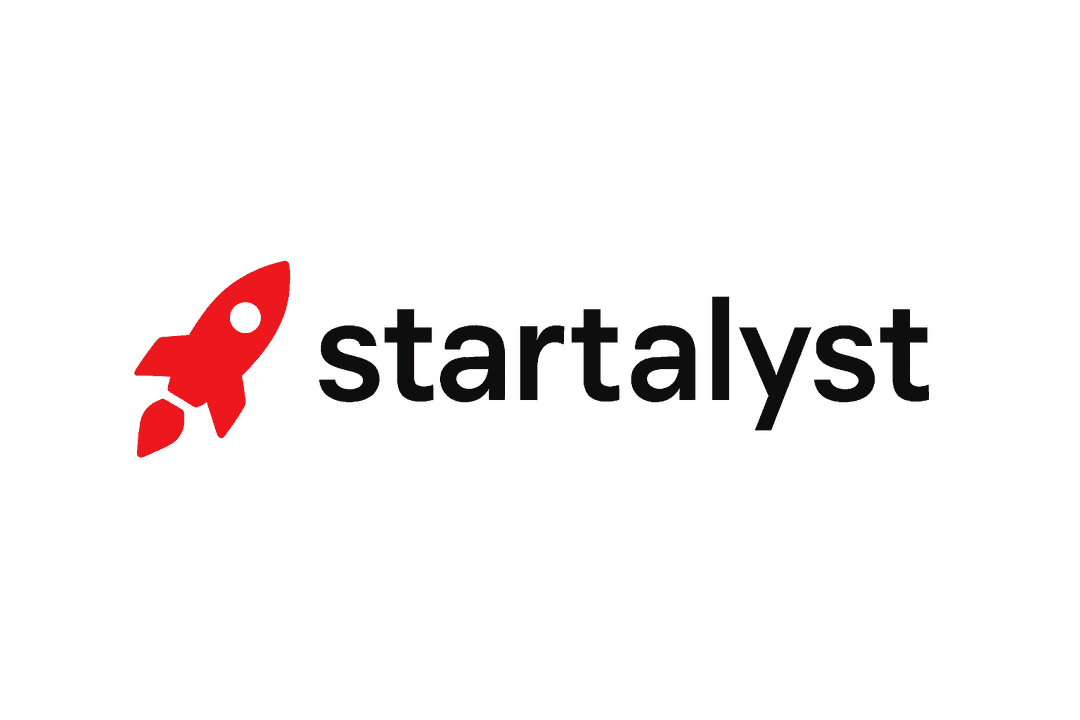Consultation Business Ideas Starter Guide
How to Get the Best Results
Start by treating this like a micro experiment: pick one narrow consultation business idea, run three client conversations, then refine your offer and pricing. Real feedback beats theory, so prioritize short discovery calls and one paid pilot engagement.
Match your existing strengths and interests to a clear client problem and a defined deliverable, such as a 90-day turnaround plan, a diagnostic report, or a workshop series. Package what you already do into repeatable steps so prospects understand the outcome and the timeline.
Step 1 — Who are you?
Choose the description that reads closest to your background, then pair it with the bold skill you use most to create a clear market angle.
- As a former product manager — roadmapping — you can offer consultation business ideas that help startups turn feature lists into prioritized quarters of work.
- As an ex-marketing director — campaign strategy — you can design consultation business ideas that deliver measurable lead flow for niche service providers.
- As a freelance developer — technical audits — you can sell focused consultation business ideas around code reviews and architecture fixes for legacy apps.
- As a nonprofit fundraiser — grant writing — you can create consultation business ideas that guide small charities through winning proposals.
- As a finance analyst — cashflow modeling — you can propose consultation business ideas that stabilize revenue for seasonal businesses.
- As an HR generalist — talent systems — you can craft consultation business ideas that improve hiring funnels and onboarding for fast-growing teams.
- As a UX researcher — user interviews — you can offer consultation business ideas that uncover conversion blockers for ecommerce shops.
Step 2 — Add interests & skills
List skills and interests you enjoy and that pair with client problems; each one can become a niche consultation business idea when combined with a target audience.
- SEO You can audit content and search intent to help local businesses rank for buyer keywords.
- Conversion optimization You can run quick A/B experiments and prioritize fixes that lift revenue per visitor.
- Social media strategy You can craft content calendars and paid ad tests for solopreneurs who need consistent lead generation.
- Business process mapping You can simplify workflows and reduce handoffs for teams drowning in email.
- Copywriting You can rewrite landing pages and offers to shorten sales cycles for consultants.
- Financial modeling You can build scenario plans for founders planning fundraising or a pivot.
- Workshop facilitation You can run remote sprint sessions that produce decision-ready outcomes in a day.
- Customer success You can design retention playbooks that reduce churn for subscription businesses.
- Technical integrations You can connect tools and automate handoffs to cut admin time for small teams.
- Brand positioning You can clarify messaging and niche to command higher rates for boutique providers.
- Regulatory compliance You can advise small firms on meeting basic regulations without expensive law firm bills.
- Data visualization You can produce dashboard packs that help nontechnical leaders make faster decisions.
Step 3 — Set available capital
Decide how much you can invest in bootstrapping your consultation business ideas. Your budget shapes the tools, marketing, and whether you can run paid pilots.
- ≤$200 Focus on time-based offers and free discovery calls, use inexpensive scheduling and invoicing tools, and validate with organic outreach.
- $200–$1000 Allocate budget for a basic website, a paid ad test, or a simple course to package your expertise and attract initial clients.
- $1000+ Invest in a professional site, targeted ads, and an operations stack that includes CRM and contract automation to scale consultation business ideas quickly.
Step 4 — Choose weekly hours
Pick a weekly commitment you can sustain; each time window suggests a different business model and pricing approach.
- 5–10 hours/week Structure work as high-value diagnostics or retainer advising where you bill more per hour for fewer touchpoints.
- 10–20 hours/week Offer a mix of project work and ongoing support that lets you build reliable monthly revenue without full-time hiring.
- 20+ hours/week Scale toward multi-client retainer models, hire contractors for delivery, and invest time in marketing to sustain growth.
Interpreting your results
- Combine the strongest background bullet, two or three skills from the list, and your chosen capital and hours to form a minimum viable offering. For example, “three-hour diagnostic + two-week action plan” is easier to sell than an open-ended retainer at launch.
- Price experiments matter: start with three price points tied to clear deliverables and run the lowest-price offer as a pilot to collect testimonials. Use those testimonials to justify higher tiers.
- Target narrow client types first—by industry, company size, or job title—and refine the pitch for that slice before expanding. Repeatability is the fastest path to steady income.
- Track one conversion metric, such as discovery call to paid engagement rate, and iterate every two weeks. Small improvements in conversion compound quicker than adding a second service line.
Use the generator above as your working tool: pick items from Step 1 and Step 2, commit to the budget and hours in Steps 3 and 4, then test a single consultation business idea with real clients and refine from there.
